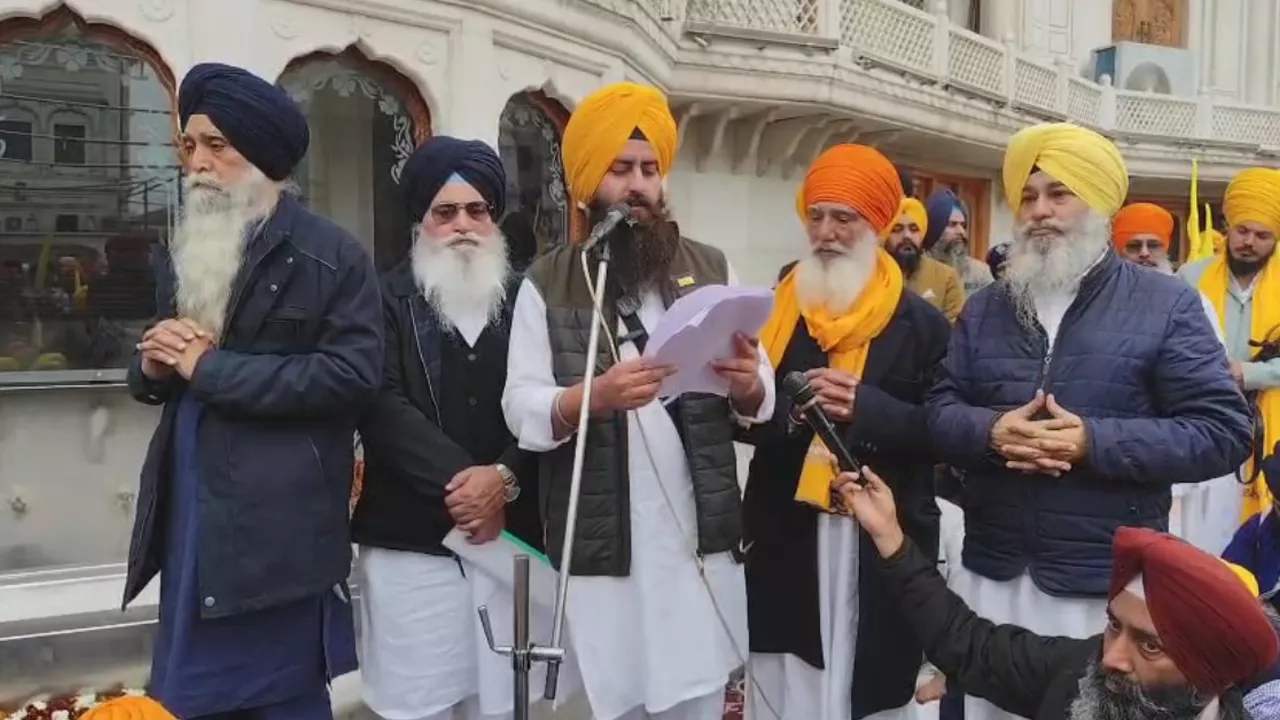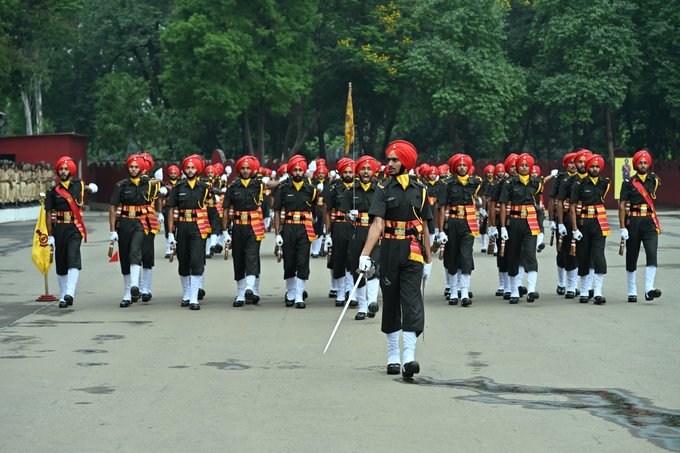Psychiatrists Suggest Guidelines to Treat Addiction; Court Mandates Legible Prescriptions
Citing a lack of flexibility, scientific depth, and patient-centred rigor in the state's standard operating procedure (SOP) for private de-addiction centres, the Association of Psychiatrists (AOP), Panjab, has asked the state government to adopt the Indian Psychiatric Society's (IPS) guidelines on the treatment of opioid dependence in place of the current framework. In a letter to the principal secretary of the health department, the AOP said the present SOP prescribes rigid treatment timelines, fixed protocols, and excessive regulatory restrictions that undermine clinical autonomy and compromise patient care. The psychiatrists' body noted that the Panjab SOP was largely drafted through administrative processes and is still based on draft notes prepared at Post Graduate Institute of Medical Education & Research, Chandigarh in 2014, which have not been updated since. In contrast, the IPS guidelines, released in Aug 2019 by its Addictive Disorders Specialty Section, were developed through expert consensus and peer review and are aligned with global best practices, including WHO and the American Society of Addiction Medicine. Meanwhile, the Punjab and Haryana High Court declared that legible medical prescriptions and diagnoses are an essential part of the right to health and, therefore, a Fundamental Right under Article 21 of the Constitution. The order, delivered by Justice Jasgurpreet Singh Puri on 27 Aug stemmed from an anticipatory bail plea in a case alleging cheating, forgery, and rape. The order said: 'While looking at the medico-legal report filed by the respondent, along with reply as Annexure R-1, not even a word or a letter was legible.’ A similar issue surfaced in another case, where clinical notes were 'totally illegible.' Concurrent in law, in a major financial relief to power consumers in Panjab, the Supreme Court of India (SCI) has dismissed appeals filed by two private power plants based in the state—Nabha Power Limited (NPL) and Talwandi Sabo Power Limited (TSPL)—seeking over Rs 5,400 crore as compensation as it found the 'appeals devoid of merit.' The saved money would help Punjab State Power Corporation (PSPCL) to keep per unit cost down and ultimately benefit the consumers (earlier coverage).


Like what you're reading? Subscribe to our top stories.
Liv Forum provides a digest of analysis on major issues facing Indian (East) Panjab and Sikhs globally.
In accordance with our Privacy Policy, we will never share or sell the information of our subscribers.






